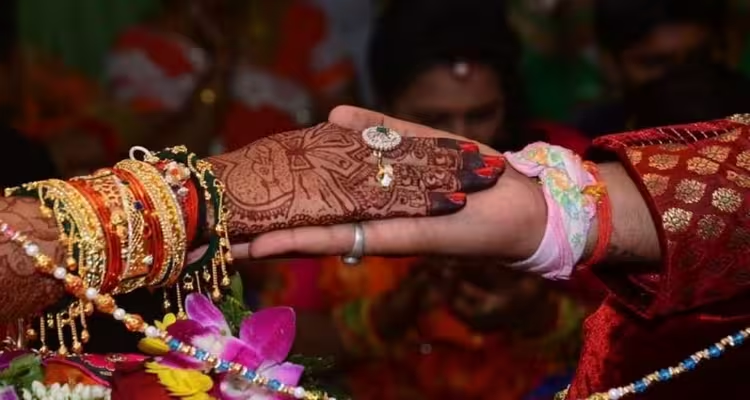
The Supreme Court in Dasari Srikanth v. State of Telangana acquitted the accused of charges under sections 354D and 509 of the Indian Penal Code after he married the complainant. The Court emphasized that these offenses are personal matters between the accused and the complainant.
Their marriage during the appeal indicated a relationship, supporting the belief that the alleged offenses might not have occurred. Justices B R Gavai and Sandeep Mehta noted that the offenses are personal to both parties, and their marriage during the appeal suggests a pre-existing relationship, casting doubt on the alleged offenses.
In this case, the appellant was acquitted by the trial Court of charges under Section 11 of the Protection of Children from Sexual Offences Act, 2012, but simultaneously convicted and sentenced for offenses under Sections 354D and 506-Part I of the Indian Penal Code.
The appellant appealed to the High Court, which partially upheld his conviction but reduced the sentence to three months, considering his marriage to the complainant. The Court recognized that affirming the High Court’s judgment would endanger the appellant’s matrimonial relationship, leading to his imprisonment. Consequently, the Court overturned both the High Court’s and the trial Court’s judgments.
Read More: Supreme Court, Delhi High Court, States High Court, Other Courts, International




